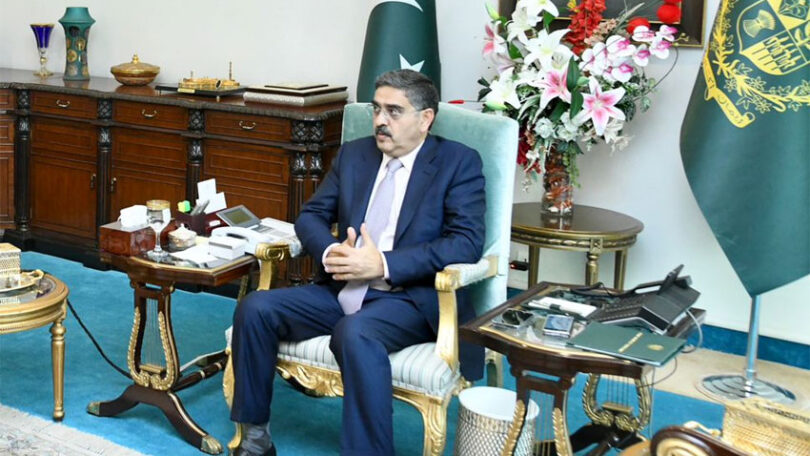Caretaker Prime Minister Anwar-ul-Haq Kakar has recently observed that the provision of the best medical facilities to the public is the top priority of his government. Historically, the provision of state-of-the-art health facilities and essential medical services to the public is a fundamental responsibility of a modern welfare state. The need for such state-owned arrangements to provide poor masses with free of cost necessary medical treatment is of utmost importance in countries like Pakistan where the masses have meagre financial resources and a low monthly income that does not meet costly health expenses in the current highly volatile era.
Unfortunately, public welfare together with medical treatment, education facilities, and social uplift has not been a priority for the rulers in the past as those important sectors failed to grab the attention of the leaders and remained subsidized and under-replenished throughout history. Historically, Pakistan’s federal health budget never exceeded 2% of the country’s GDP for a nation which does not owe less than 230 million populace.
Over the decades multiple politically motivated and greed-driven recipes have been implemented by the past rulers in the health sectors ranging from privatization of the health sector to the Medical Teaching Institutions (MTI) legacy and Sehat Card Plus to the rediscovery of the state-owned health system. However, Pakistani leaders from across the political spectrum failed to introduce such a health system which provides cost-effective, modern health facilities to the public without putting an unnecessary fiscal burden on the national exchequer.
The people of Pakistan are currently helpless in satisfying their healthcare needs as the headline inflation touches near 40%, pushing the nation into extreme poverty and unemployment. The unrestricted price hikes seriously affect all aspects of public life from agriculture to industry and the education sector to healthcare that are now out of reach for poor masses. Previously, the PTI government launched a government-sponsored micro health insurance program under the Prime Minister’s Sehat Insaaf initiative that was effective in all parts of the country except the PPP-ruled Sindh province. The government-funded several hundred billion rupees while enabling poor patients to get free-of-cost treatment for major diseases including heart surgery, blood dialysis, radiotherapies, and other serious ailments including cancer. Historically, Millions of people benefitted from that magnificent project for almost two years until the State Life Insurance Company stopped its operation due to the nonpayment of dues that amounted to several hundred billion rupees and the treasury was unable to pay a bulk amount to private insurer firm.
A shoplift caretaker set up is currently administering the ruins of the government and quango leaders are making long-term decisions regarding sensitive matters relating to the national economy, the country’s security and future generations. After auctioning the education sector to private businesses, the incumbent rulers are now eyeing the health sector to fully manifest it into private industry during their short term in office.
Historically, as a nation, we failed to achieve our core national goals of political stability, flourishing democracy, national unity, and sustainable growth, along with the implementation of a model of a socio-economic welfare Muslim state that could not be transformed into a reality due to feudal politics, long dictatorial rules and periodic political instability throughout the past. Unfortunately, the interim rulers carry a huge manifesto of redrawing the entire system of the country, for which they do not possess a public mandate, hence the unelected leaders must uphold their one-point agenda of holding a free, fair and transparent election instead of fondling into other issues.







